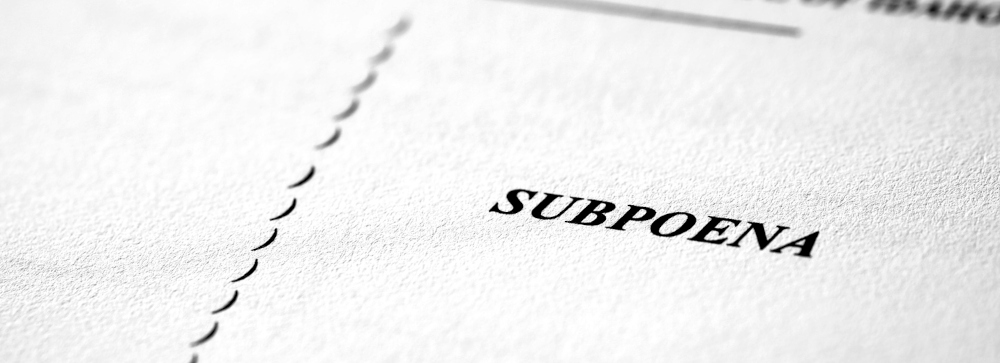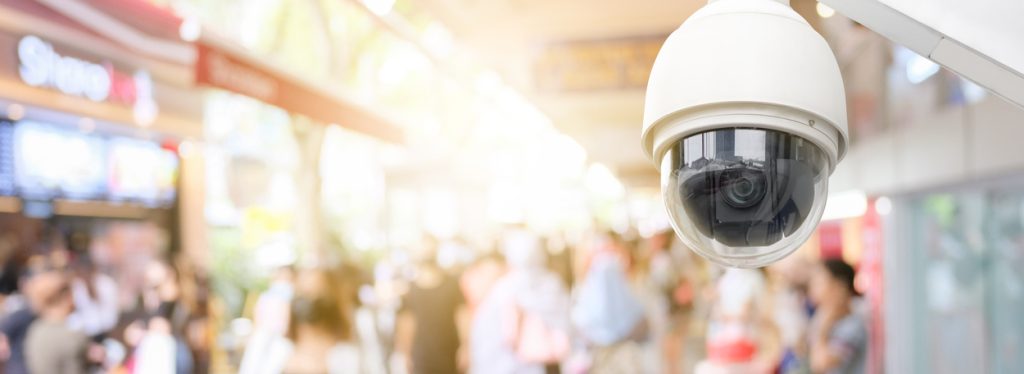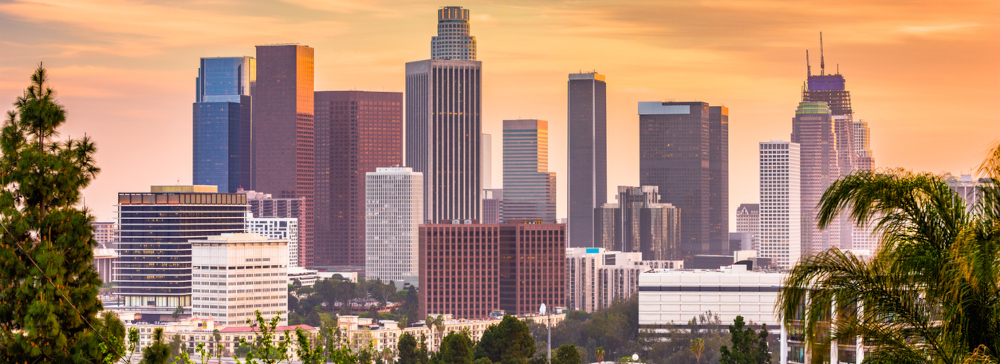You still have legal options if a business refuses to release video footage after a slip and fall in Los Angeles. While this situation can be frustrating, it’s not uncommon—and there are formal steps, e.g., subpoenas and discovery requests your attorney can take to compel the release of evidence. If this has happened to you, it is important to understand your legal rights and the steps you can take to protect your claim.
If you were injured in a slip and fall accident in Los Angeles or elsewhere in Southern California, contact Salamati Law. We provide free, no-obligation consultations so you know your options before moving forward.
Formal Steps to Request and Preserve Evidence

If a business refuses to provide surveillance footage voluntarily, your Los Angeles slip and fall lawyer can take formal steps to pursue the video:
- Send a Preservation Letter. This is a legal notice instructing the business to retain and not delete or overwrite any video footage related to your incident. It establishes that the business has been formally warned that the footage may be evidence in a legal case.
- Issue a Subpoena. Once a lawsuit is filed, your lawyer can issue a subpoena compelling the business to produce the relevant video footage as part of the discovery process. This is a court-enforceable demand.
- File a Motion to Compel. If the business fails to comply with the subpoena or discovery request, your attorney can ask the court to intervene and issue an order requiring the footage to be turned over.
If the footage is destroyed after the business receives a preservation letter or legal request, your attorney can argue that the destruction constitutes spoliation. The judge may fine the business or order them to pay the other side’s legal fees.
Why Businesses May Withhold Surveillance Footage

Businesses may decline to release video evidence for slip and fall cases for a variety of reasons, including:
- Privacy Concerns: Businesses may be hesitant to share unedited footage that captures other individuals not involved in the incident., particularly in high-traffic areas. They may require time to redact or isolate the portion relevant to the injured party.
- Internal Policies: Many companies have strict internal protocols or legal departments that govern the release of video evidence. Even if individual employees are sympathetic, they may be prohibited from sharing footage without proper authorization.
- Self-Preservation: If the footage potentially demonstrates negligence, some businesses may delay or resist disclosure to avoid liability. In some cases, they may claim the footage has been lost, overwritten, or was never recorded.
Schedule a Free Consultation

At Salamati Law, we understand the challenges of obtaining surveillance footage after a slip and fall injury. Our team acts promptly to preserve critical evidence and utilizes every available legal tool to compel cooperation. If you believe your fall was captured on video, we can help you take action to protect your rights. Contact us today to schedule a free, no-obligation consultation.
